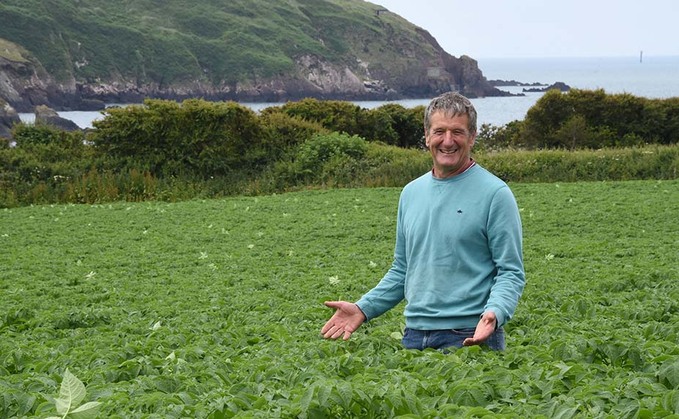
Growing potatoes to be sold locally has become a passion for one Prembrokeshire producer. Debbie James reports. Every so often, Walter Simon's phone will ping with a text message from a friend, praising...

Growing potatoes to be sold locally has become a passion for one Prembrokeshire producer. Debbie James reports. Every so often, Walter Simon's phone will ping with a text message from a friend, praising...